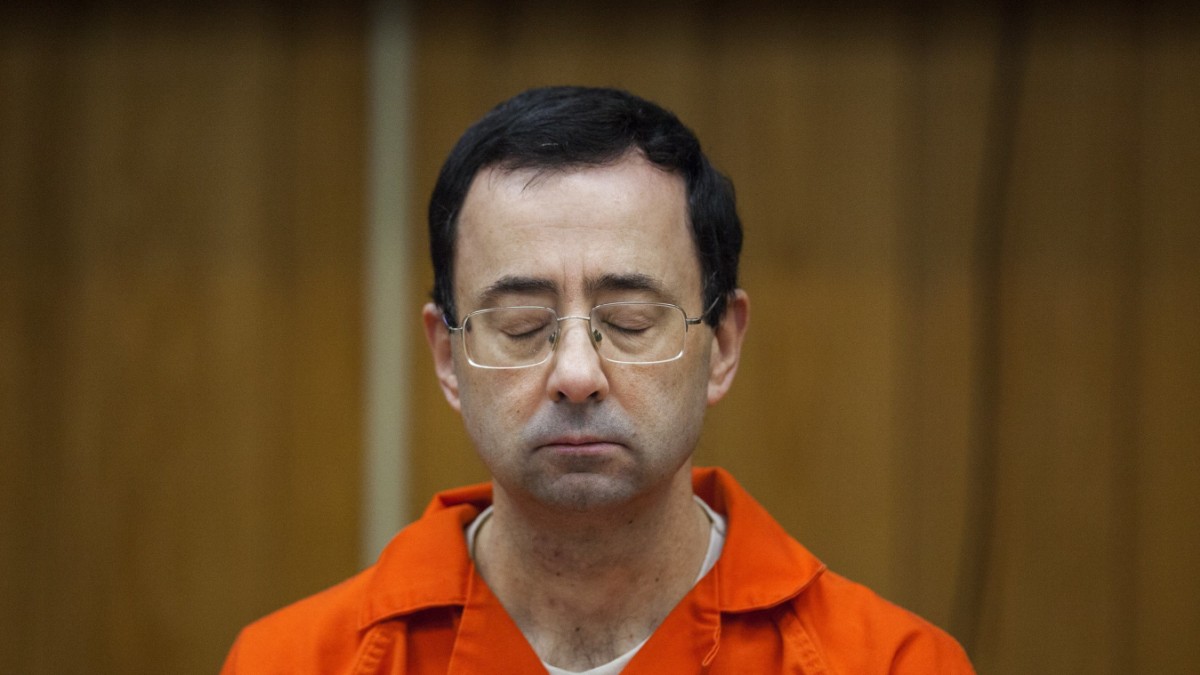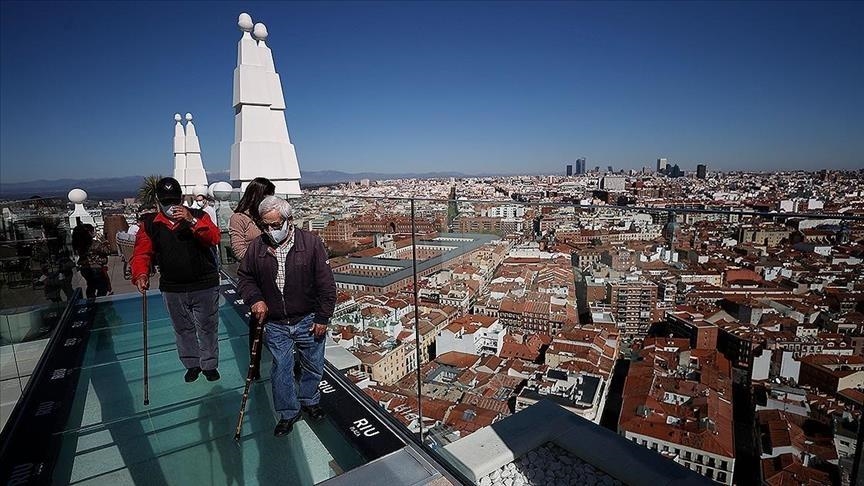Ankara
European countries have begun to gradually ease restrictions on the epidemic as the pace of vaccination accelerates and new virus cases decrease.
The four most affected countries – the United Kingdom, France, Spain and Italy – have decided to gradually ease restrictions.
In the UK, museums and theaters will reopen after 132 days. It can meet up to 30 people outdoors, six people indoors and up to 30 people at weddings. Customers can now serve restaurants and bars at home. A maximum of 10,000 fans are permitted to participate in sporting events.
The government has lifted the mandatory wearing of masks in middle schools, while college students can attend face-to-face classes if they undergo COVID-19 tests twice a week.
Belgium is expected to take new normalization steps in June, July and August if the positive outlook remains strong. The government said it would closely monitor the current situation in hospital intensive care units and the pace of vaccinations.
The number of adults in the population receiving the first dose of the vaccine is expected to reach 50% by June 9, when restaurants, cafes and bars are allowed to start serving customers indoors.
Gyms, children’s playgrounds and cinemas will also be opened to the public after this date.
Spain and Italy
Spain imposed widespread quarantine measures from late October to early May, but eased most restrictions on May 9 when travel restrictions between cities were lifted. The midnight curfew has been lifted in most locations except for Valencia and the Balearic Islands.
People are not allowed to visit the homes of more than six people. Bars and restaurants allow four customers inside and six outside. These facilities can be operated indoors at 50% capacity and outdoors at 75% capacity. Parks, zoos, museums and cinemas have reopened to limited capacity.
However, there are some restrictions in some cities where the epidemic is still severe, such as the capital, Madrid.
Spain continues to restrict travel to Brazil, India and South Africa, and requires mandatory quarantine for visitors from these countries. The government requires a negative PCR test for visitors from other provinces.
Italy imposed strict restrictions since March, but gradually lifted them on April 26 in 15 of the 21 regions. Daily new cases in the country fell below 10,000 in the past week.
Restaurants, bars and cafes are now open but have to be served in the open air, while cinemas welcome people at half capacity. Travel restrictions have been lifted in low-risk areas.
The government announced, on Monday, that it will gradually lift the curfew in the middle of the night from Wednesday, and cancel it completely, starting from June 21.
Italy has also raised a mandatory 5-day quarantine requirement for travelers from European Union member states, the United Kingdom and Israel.
Germany and Austria
Germany is lifting the midnight curfew in regions where 100 new cases occur daily for three consecutive days.
While restaurants, cafes and bars will remain closed, restaurants in some areas may serve customers abroad.
People who give a negative test result can enter stores. Schools will reopen when the number of new cases drops weekly from 100,000 to 35. Currently, children attending elementary school are permitted to enter classrooms if they take tests twice a week.
Austria has suspended service in restaurants, hotels and tourist facilities since November 2020 when the second wave of the epidemic struck the country. There is still an all-night curfew.
Foreign visitors are subject to a mandatory 5-day quarantine, but they can withdraw from the quarantine after a negative test result.
After vaccinating teachers and de-escalating new cases every day, all schools have reached classroom training at full capacity starting Monday. However, students must take the exams regularly.
The country will also reopen most restaurants, hotels and sports centers from Tuesday. Individuals are allowed to enter these facilities green badges stating that they have been vaccinated or have recovered from COVID-19.
In the Czech Republic, restaurants have reopened to provide services outdoors. Sports centers are working again with some precaution while primary schools are now open. A maximum of 700 people are allowed to gather outdoors.
After the rapid decline in the number of new cases in Bulgaria, most restrictions have now been lifted. However, public transport and indoor places are still mandatory to wear masks.
After shopping centers and gyms reopened in mid-April, nightclubs and casinos have also opened since the beginning of May.
France and Hungary
France eases restrictions on four levels. The ban on intercity travel was lifted on May 3. Restaurants and cafes as well as shops, museums and cinemas reopened on Tuesday. The curfew has been relaxed and will completely end on June 30th.
For tourists from Argentina, Brazil, Chile, South Africa, India, Turkey, Bangladesh, Sri Lanka, Pakistan, Nepal, the United Arab Emirates and Qatar, there is still a mandatory 10-day quarantine.
In Hungary, more than half of the population has been vaccinated, so most restrictions have been gradually lifted.
Vaccinated people can visit restaurants, hotels, zoos, museums, cinemas, libraries, swimming pools, gyms, and attend games at stadiums.
However, the wearing of masks and a midnight curfew continued in the country.
Romania lifted most restrictions on May 15, including the mandatory wearing of masks except for markets, public transport and train stations.
While the open spaces of restaurants and cafes can be used to their full capacity, indoor spaces can function up to 50%. 70 people can attend outdoor weddings, but only 50 people are indoors.
The state does not quarantine arrivals from abroad if they are vaccinated.
Switzerland and the Netherlands
Switzerland plans to gradually lift restrictions from May 31, when restaurants are set to reopen.
Universities will limit face-to-face meetings of up to 50 people.
The government believes that people who have been vaccinated and treated are now immune and therefore quarantine or estuary is not required.
Switzerland continues to keep Turkey on the list of countries with risks. Travelers from Turkey must stay in quarantine for 10 days when visiting Switzerland.
The Netherlands entered the second phase of easing restrictions on Tuesday. Schools of dance, music and arts, parks, theaters and museums will reopen on Wednesday.
Gyms and indoor pools will reopen as long as they accommodate 30 people.
Bosnia has canceled the obligation to wear masks outdoors, while Slovenia has begun teaching in classrooms at high schools and universities. Croatia still restricts attending weddings and funerals, while Serbia wants people to wear masks outdoors where social distancing is not possible.
Written by Ufunc Kotlu
The Anadolu Agency website summarizes only a portion of the news sent to subscribers of the AA News Broadcasting System (HAS). Please contact us for subscription options.

“Award-winning music trailblazer. Gamer. Lifelong alcohol enthusiast. Thinker. Passionate analyst.”





More Stories
US broadcaster justifies Kate's jokes on live show – and receives criticism
Meg Bennett from “General Hospital”: The American soap star has died
Excitement in Great Britain: Duchess Meghan closes the car door herself